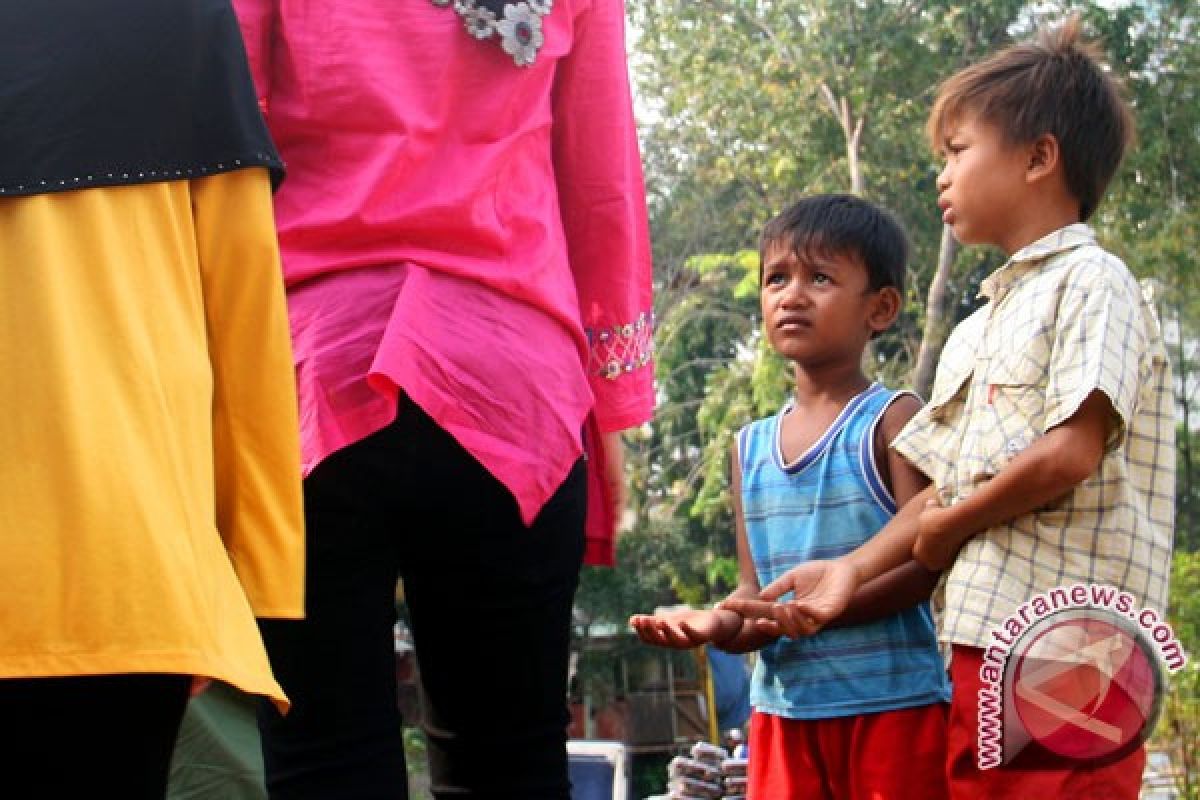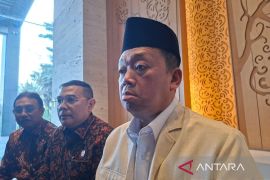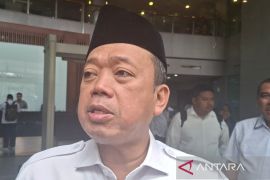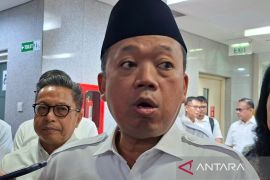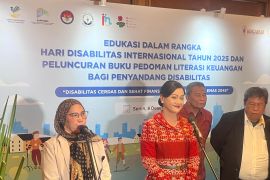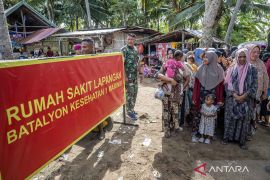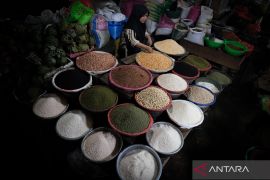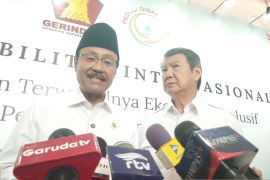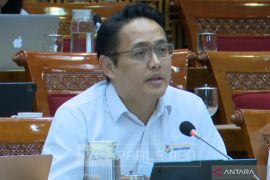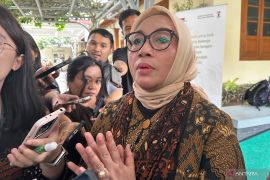The child workers are from 84 districts in 21 provinces, the manpower and transmigration ministry`s Manpower Supervision and Development Director General Muji Handaya said here on Tuesday.
The ministry has intensified efforts to remove children working in industries in order to reduce child labor, according to officials.
Under the program of Child Labor Reduction to support the Prospective Family Program (PPA-PKH) 2012, 11,213 children had been removed from employment and were largely sent back to school during the years 2008 to 2011.
In 2008, some 4,853 children were removed from employment in 48 districts and cities in seven provinces, but only 1,523 children, or 32 percent, returned to school.
"For 2012, the target is to pull out 10,730 child workers in 21 provinces and 84 districts and cities throughout Indonesia," Muji said.
The provinces are South Sulawesi, East Nusa Tenggara, Jakarta, Gorontalo, North Sulawesi, West Java, East Java, Bali, Central Java, Yogyakarta, Banten, West Nusa Tenggara, South Kalimantan,
Central Kalimantan, West Kalimantan, Bengkulu, West Sumatra, Lampung, North Sumatra, Central Sulawesi, and Aceh.
Further, he said the National Education Ministry welcomes the program to reduce child labor and provides scholarships for them.
The scholarships are available for 3.6 million elementary students, 1.3 million junior high school students, 315,000 vocational school students and 386,000 senior high school students.
The education ministry also offers scholarships for 30,000 senior high school graduates seeking to enter university.
According to ILO News, child labour remains a significant problem in Indonesia. The 2010 National Child Labour Survey reported that 4 million children are working and 1.7 million of them are child labourers participating in work that harms their well being, their safety and their capacity to benefit from normal schooling.
To tackle child labour, the Government of Indonesia designed a National Action Plan on the Elimination of the Worst Forms of Child Labour.
The government has also developed various new policy initiatives, ranging from expanding access to education, and providing conditional cash transfers to poor families to allow them to send their children to school.
(Uu.F001/INE)
Editor: Priyambodo RH
Copyright © ANTARA 2012
